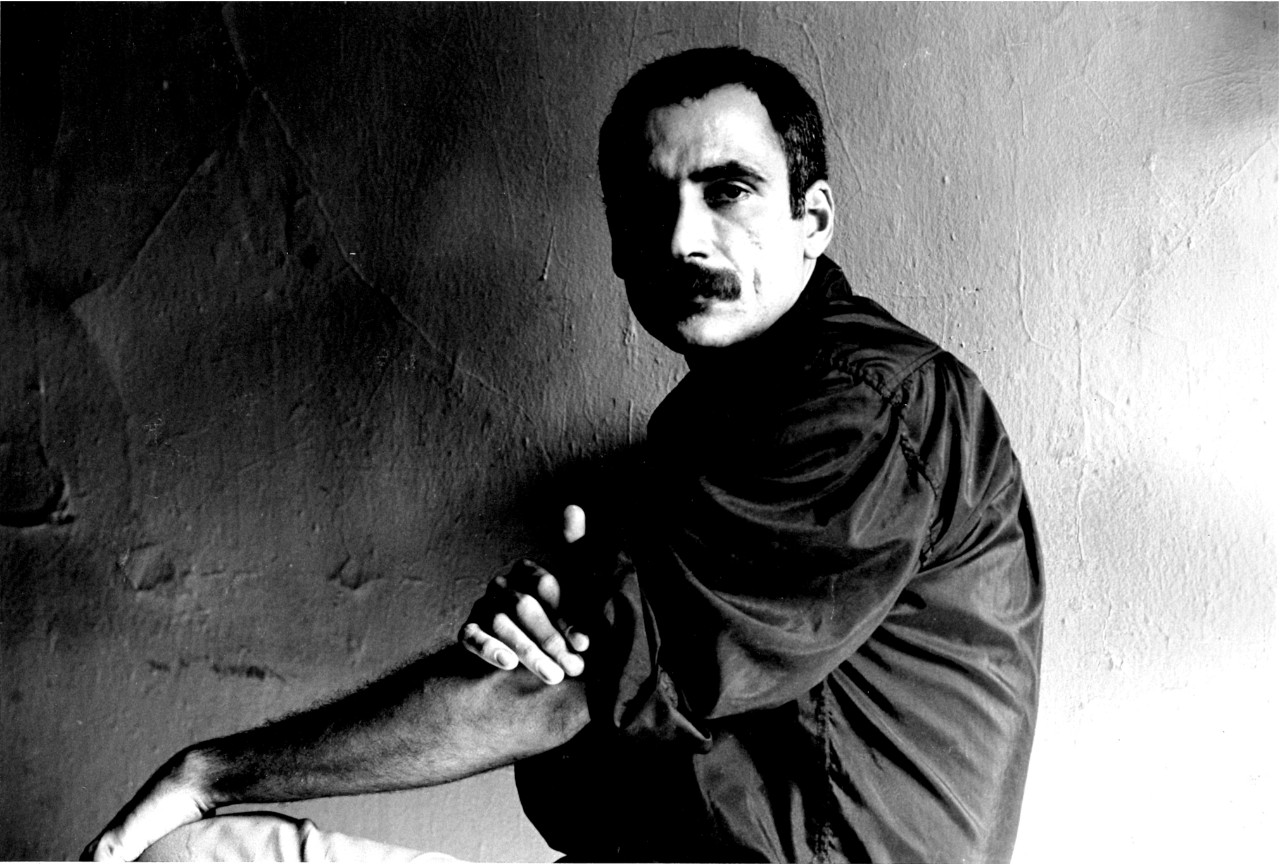Rare Book & Manuscript Library Acquires Archive of Puerto Rican Author Manuel Ramos Otero
 Manuel Ramos Otero
Manuel Ramos Otero
Ramos Otero was among a group of writers in 1970’s Puerto Rican literature that developed a new critique of colonialism that explicitly linked it to racism, sexism and homophobia, forever changing Puerto Rican culture. His work spans a wide range of genres, including essays, novels, short stories, and poetry.
“Ramos Otero was considered a ‘scandalous’ writer by the establishment and a groundbreaking innovator by his peers,” said Frances Negrón-Muntaner, curator of the Latino Arts and Activism collection and director of the Center for the Study of Ethnicity and Race at Columbia University. “Prolific and unafraid, Ramos Otero explored previously taboo subjects like homosexuality, the lives and aspirations of minorities, and non canonical styles. In this way, Ramos Otero, along with his generation, fully ushered Puerto Rican literature into modernity.”
Ramos Otero also had a key role in promoting and creating an audience for Latino writers in New York. He founded a small press, El Libro Viaje, organized public events, and lectured on Caribbean literature throughout the city and beyond. He also held literature workshops on Rikers Island and community theater workshops for children with the ASPIRA Association.
“My hope is that the availability of Manuel Ramos Otero's published and unpublished manuscripts at Columbia University Libraries will stimulate a more profound interest in his literary accomplishments,” said Ana Lydia Vega, author and friend of Ramos Otero. “He would always complain that his work was not more widely read. Manuel did not live to see himself as an icon of gay literature in Puerto Rico. I suspect that many of his admirers are more curious about his life story than about his artistic legacy.”
The collection contains personal letters from family, friends and fellow writers such as Rosario Ferré and Ana Lydia Vega, unpublished work including two novels and an anthology of Puerto Rican writers translated into English, manuscripts of nearly all of his published work, a diary related to one of his best known stories, photos, audio and video recordings, and clippings about his work or of interest to him.
"I am very pleased that we are working with Frances Negrón-Muntaner to concertedly build up a collection of Latino arts and activism in the RBML,” said Karla Nielsen, curator of literature at RBML. “Manuel Ramos Otero's papers will join those of Oscar Hijuelos and Jack Agüeros among the RBML's Latino literary archives."
Many of his works focused on self-reflexive gay protagonists at the edge of New York's gay subcultures in the 1970s and 1980s. Ramos Otero’s work contains rich descriptions of these worlds, including the Greenwich Village/Chelsea waterfront areas. Among his key works are: El libro de la muerte (1985), Invitación al Polvo (1991), and La novelabingo (1976).
“It is a proud moment for our family and for me that Columbia University is the new home for Manuel 's papers," said Felo Sánchez, Ramos Otero's cousin and representative of the estate. "For us, the most important thing is to keep his legacy alive and share his life and writings."
Ramos Otero obtained an M.A. in literature from New York University in 1979, and taught at Rutgers, York College, LaGuardia Community College and Lehman College. Otero died of AIDS in 1990 at the age of 42, one of the first major Puerto Rican literary figures to die from the disease.
Since Ramos Otero’s work is largely not available in English, Negrón-Muntaner is developing a translation project with students from the Literary Translation at Columbia (LTAC) initiative in the MFA Writing Program, details of which are forthcoming. As with other Latino Arts and Activism collections, plans are in place to develop media projects inspired by his work, including an oral history project that would expand our knowledge of Ramos Otero’s life and context.
Columbia University Libraries is one of the top five academic research library systems in North America. The collections include over 13 million volumes, over 160,000 journals and serials, as well as extensive electronic resources, manuscripts, rare books, microforms, maps, and graphic and audio-visual materials. The Libraries employs more than 400 professional and support staff and hosts over 4.7 million visitors each year. The website of the Libraries is the gateway to its services and resources: library.columbia.edu.